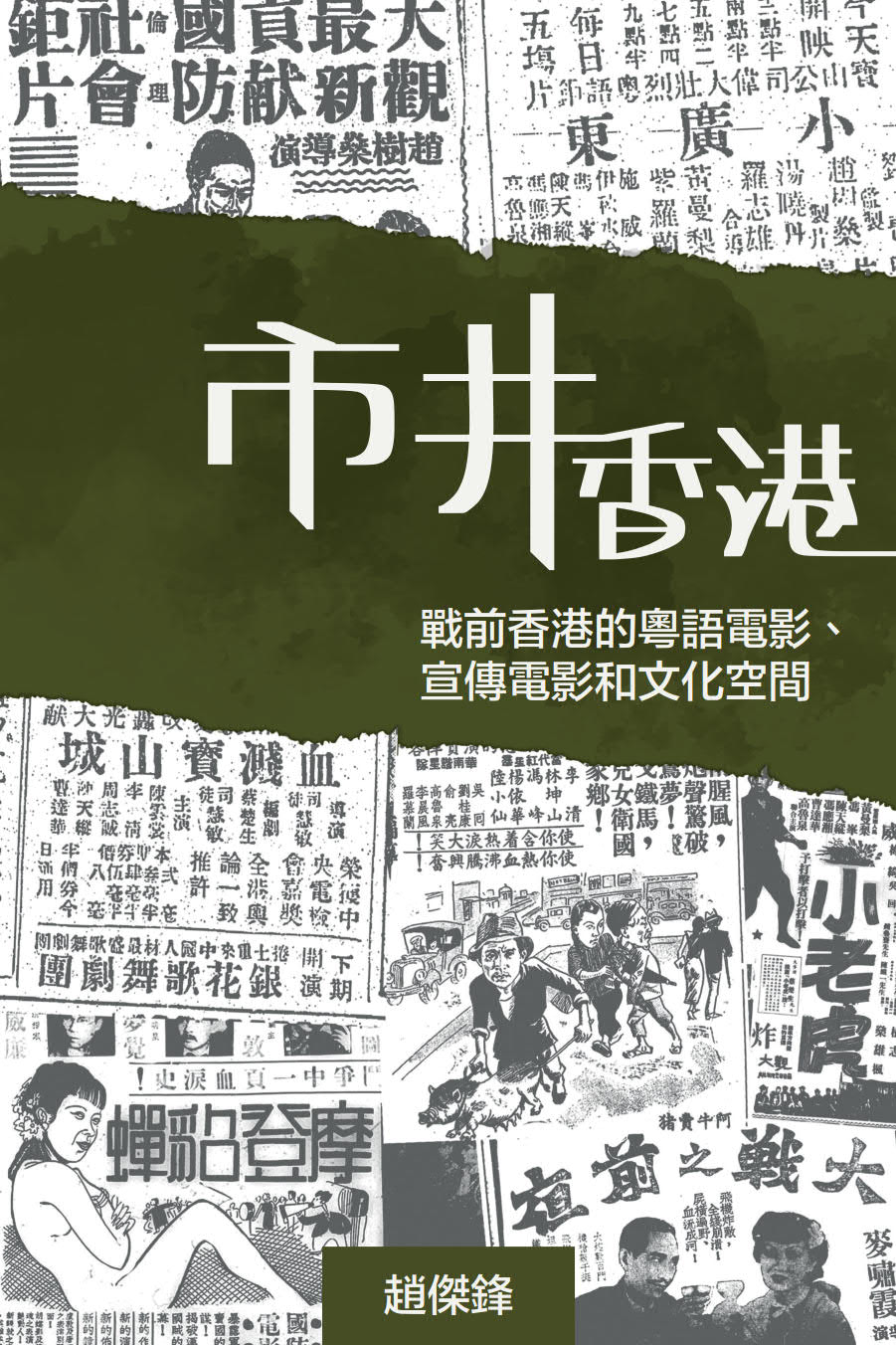

Hong Kong Informality: Cantonese Cinema, Propaganda Film and the Cultural Field in Pre-war Hong Kong
With the outbreak of the Anti-Japanese War in 1937, a large number of literati and filmmakers from the south moved to Hong Kong after the fall of Shanghai, and produced a number of Cantonese anti-Japanese propaganda films, also known as 'national defense films'. In "Hong Kong Informality: Cantonese Cinema, Propaganda Film and the Cultural Field in Pre-war Hong Kong," Chiu Kit Fung uses this period in Hong Kong's history as a starting point to explain how anti-Japanese propaganda films intersected with Hong Kong's popular culture, thereby reorganizing the popular cultural space in Hong Kong from the late Qing Dynasty to the pre-war period. In this "heteroglossia" cultural space, the dialectic between Cantonese opera and film, video and sound, and tradition and modernity has unexpectedly opened up a channel for various cultural imaginaries and new possibilities. These factors not only influenced the development of Cantonese films in pre-war Hong Kong, but also laid a solid foundation for the post-war Hong Kong film industry. This book also fills in a missing piece of the jigsaw puzzle in the history of Hong Kong cinema from 1937 to 1941.
